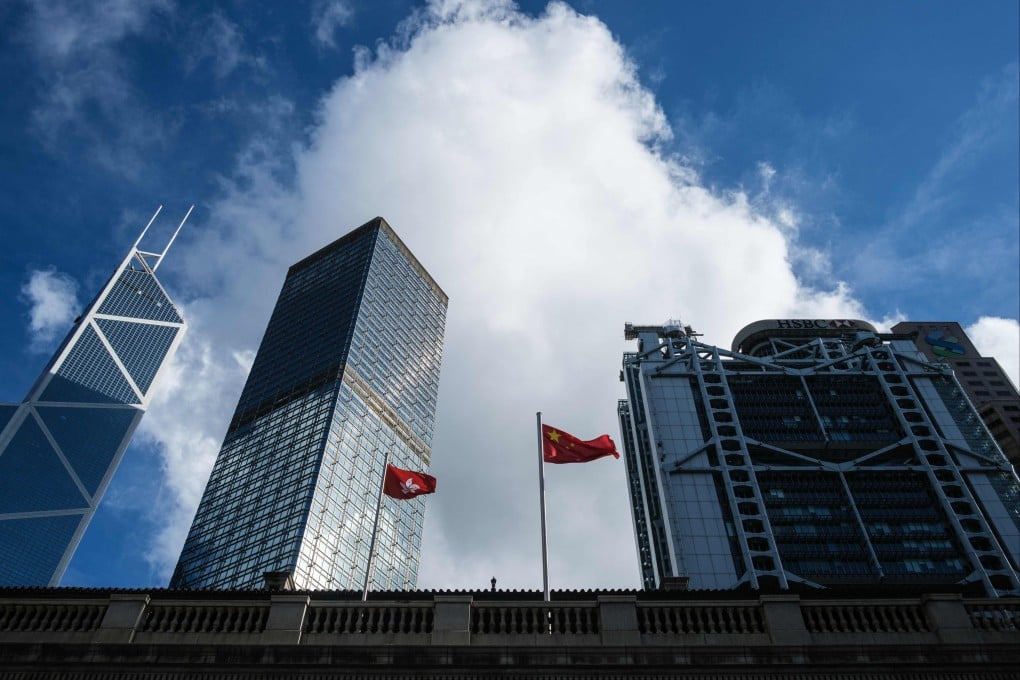Opinion | The UK has no ‘moral obligation’ to Hong Kong. What it has is colonial nostalgia
- Britain is mute about its own national security legislation, but obsessed with demonising the national security law for Hong Kong
- The British must accept that they have no rights and duties over Hong Kong after 1997, and abide by basic norms of international relations

One country, two systems is China’s basic national policy. As its creator, enforcer and defender, the Chinese government has fully and faithfully implemented the principles of one country, two systems, “Hong Kong people administering Hong Kong”, and Hong Kong enjoying “a high degree of autonomy”.
Since 1997, Hong Kong has maintained prosperity and stability as an international financial, shipping and trade centre by complementing the strengths of the mainland and seeking common growth, and the democratic rights and freedoms of Hong Kong people have been strongly protected.
In case anyone should forget: over the 150-plus years of British colonial rule in Hong Kong, all governors were directly appointed by the United Kingdom, and all key official posts occupied by the British. The people of Hong Kong were not entitled to elect leaders or the legislature on their own, and never enjoyed genuine democracy and human rights.
